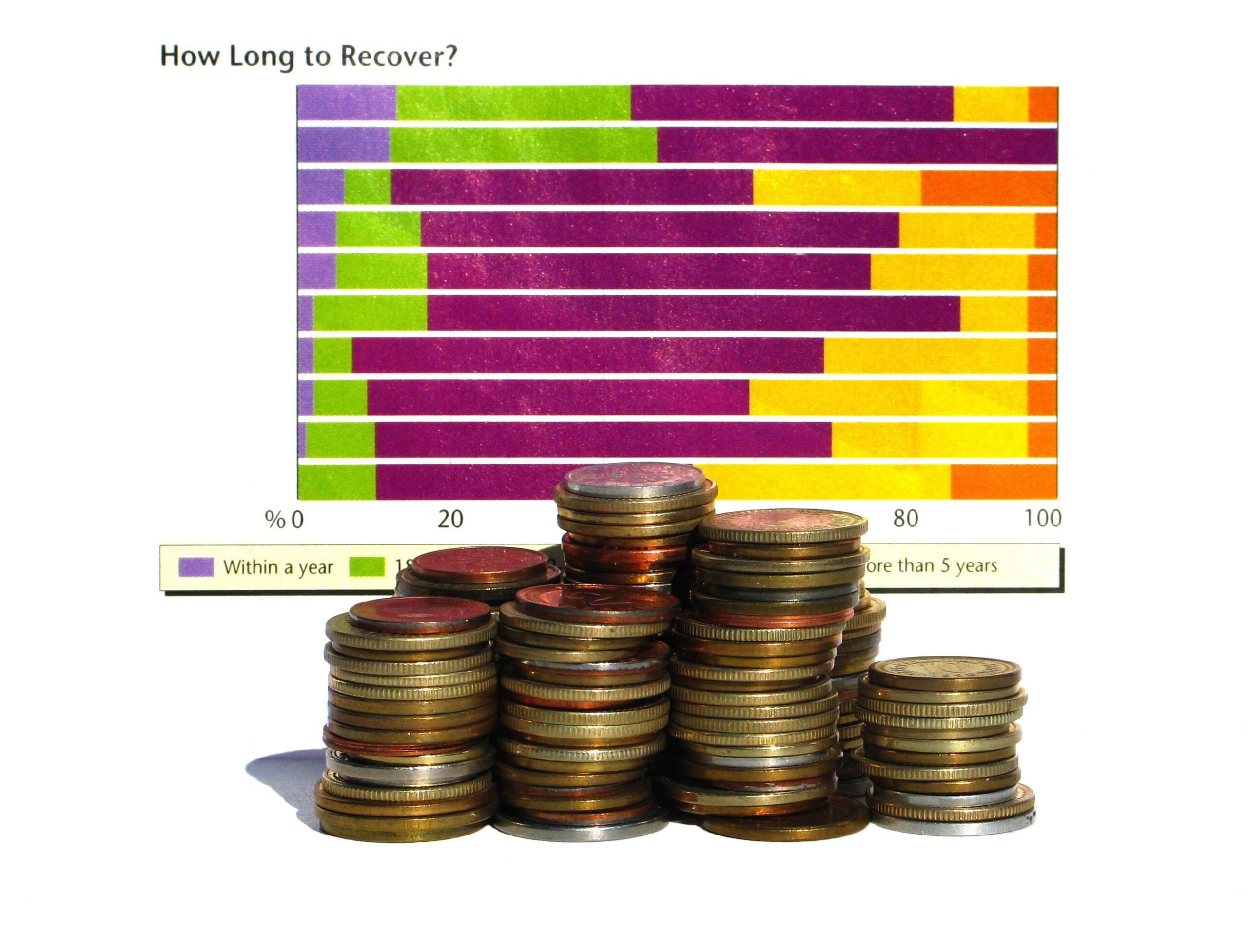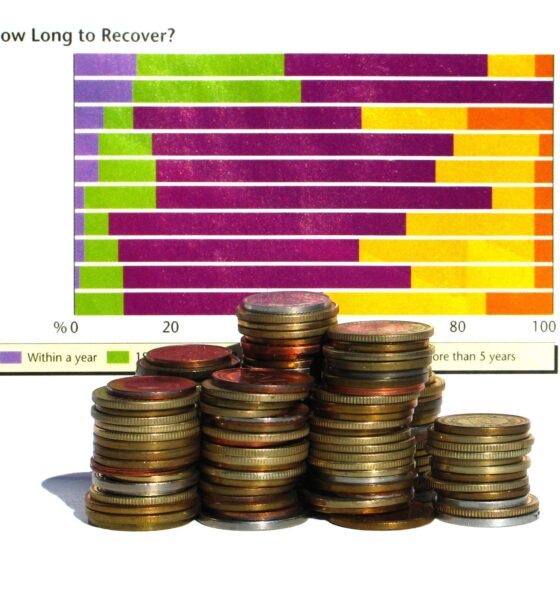

Features
A sustainable versus unsustainable recovery
This week, the International Monetary Fund (IMF) called for more effort by the UK government to stimulate a strong and sustainable recovery. Simon Leadbetter lays out what would define a sustainable recovery.
A sustainable recovery is one that creates a viable economy over the long-term, not short-term growth in time for the next election. A sustainable recovery is one that balances the needs of the environment, society and the economy. An unsustainable recovery is one that sacrifices the environment and society for short-term economic and, in turn, electoral gain.
Aspects of a sustainable recovery would include:
– Harmonising subsidies between renewable energy (clean) and fossil fuels (dirty) – by increasing support for the former or reducing support for the latter, or both. Contrary to popular belief, the current ratio is £2.60 of subsidy to fossil fuels for every £1 of renewable subsidy. Over time, subsidies to the mature fossil fuel industry should go altogether
– Launching a Green ISA with an additional tax exempt amount to stimulate private investment in clean technology. The current ISA tax year limit (2013/14) is £11,520. Creating an additional £5,760 for clean technology investments would create a vast private stimulus for these emerging technologies
– Creating a national endowment for clean technology to invest in university cleantech bursaries and clean technology start-ups, or exempting clean technologies from tax altogether
– Beefing up pollution laws so the polluter pays the full cost of any pollution including health costs. Air pollution alone costs the UK £8.5-20 billion a year – almost none of which is clawed back in tax or fines
– Massive investment in mass transit. Rather than long-term vanity projects such as HS2, more effort should be put into reopening Beeching axe lines, and investing in light rail and road trains – linking deprived areas and new towns to economically prosperous areas. To proceed with all of the current proposed reopenings would cost £612m (2% of HS2’s £33 billion budget) and connect towns that have no rail link, compared to HS2 which goes nowhere new
– Embedding the Principles for Responsible Investment and the Stewardship Code in law, which means you cannot operate a banking license in the UK unless you are a signatory to both
– More social housing construction, to take the heat of house prices and rent, creating an affordable, energy-efficient housing stock for rent and ownership. The problem here is the immutable laws of supply and demand. Demand outstrips supply and will for the foreseeable future. Unless we build more sustainable homes – a lot more sustainable homes – a whole generation will be barred from the property ladder, prices, rents and the housing bill will continue to rise
An unsustainable recovery would:
– Continue to subsidise dirty fossil fuels and implement an energy policy which makes us dependent on importing scarce commodities with volatile prices from unstable regimes
– Allow companies to flout environmental regulations and relaxing rules that protect areas of green belt, outstanding natural beauty or special scientific interest
– Focus on road building which only leads to more congestion
– Underwrite mortgages through the Help to Buy scheme that mirrors the efforts of Fannie Mae and Freddie Mac and the disastrous housing bubble that caused the credit crash in the first place
A strong and sustainable recovery is possible but backing a fossil fuel energy policy, building roads and stimulating another housing bubble isn’t sensible.
The United Kingdom’s creativity and innovation in new technology is second to none. The right political leadership would have the vision and courage to back clean energy, effective mass transport and affordable sustainable housing.
Further reading:
We need a credible green innovation growth strategy
Cameron: UK can be a ‘global showcase for green innovation’
Myopic budget threatens UK’s long-term prosperity
Governments must ‘get’ sustainability to truly capitalise on UK innovation
David Cameron still needs to show real leadership in delivering a sustainable recovery


 Environment11 months ago
Environment11 months agoAre Polymer Banknotes: an Eco-Friendly Trend or a Groundswell?

 Features10 months ago
Features10 months agoEco-Friendly Cryptocurrencies: Sustainable Investment Choices

 Features11 months ago
Features11 months agoEco-Friendly Crypto Traders Must Find the Right Exchange

 Energy10 months ago
Energy10 months agoThe Growing Role of Solar Panels in Ireland’s Energy Future





























